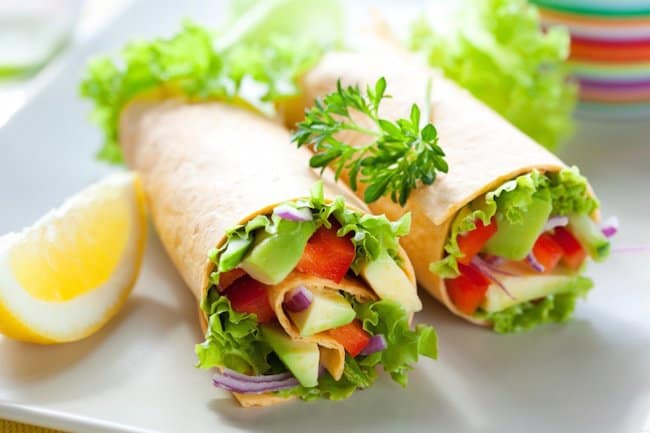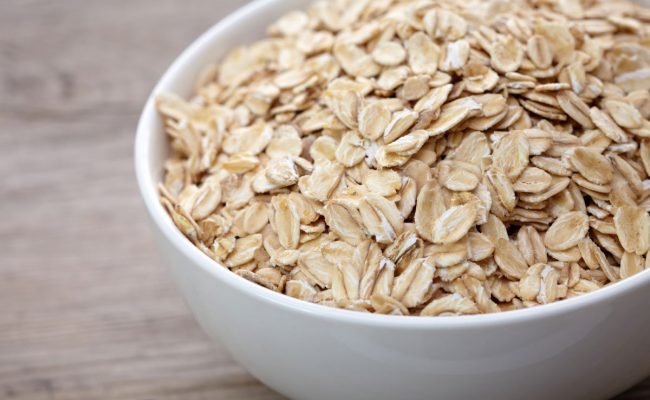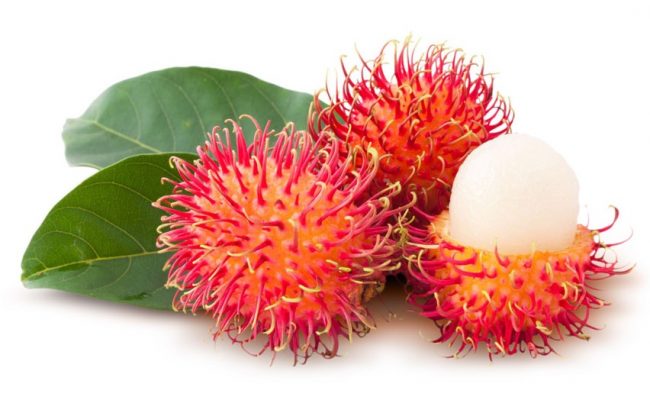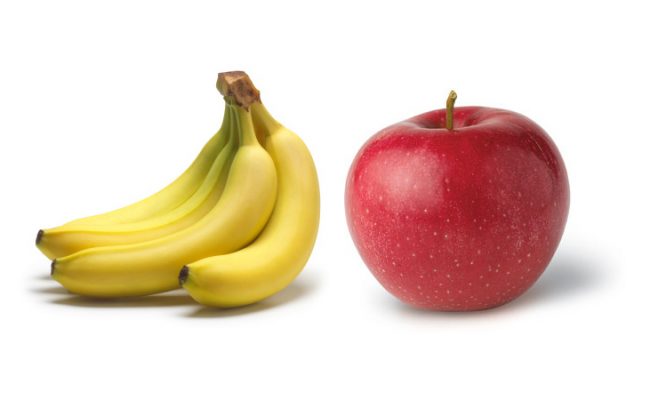
Starting a vegetarian diet can seem intimidating, but there are some easy steps to go through that can make the transition smoother. Why are you becoming a vegetarian? Asking this question before starting a vegetarian diet can help determine what type of vegetarian diet you will follow and keep your next steps in line.
What kind of vegetarian?
The definition of a vegetarian diet is the absence of animal foods like meat, eggs, dairy, etc. However, to what extent people eliminate animal products can vary. For instance, some vegetarians will eat fish but no other animal products; this is called a pescatarian. Some may eat dairy products (lacto) and/or include eggs (ovo).
So if you want to become a vegetarian, the first step is figuring out what kind of vegetarian you want to be. Will you eat dairy products, eggs or seafood (lacto-ovo-pescatarian)? If you want to eliminate ALL animal products, you would classify yourself as a vegan. Vegans don’t even eat honey because it is derived from bees.
What’s your reason?
People start eating vegetarian for various reasons. There are multiple health benefits from eating a plant based diet, and many start for health reasons. Vegetarian diets may help with weight loss and reducing risk of some chronic diseases like heart disease.
If you are starting a vegetarian diet for health reasons, what are animal foods you want to eliminate for health reasons? Would that include all animal foods?
Some people eat vegetarian because for animal rights reasons. Animals raised for meat can be treated inhumanely. If this is your reason, would you still eliminate seafood that was wild caught?
Religion is another reason for starting a vegetarian diet. Seventh day Adventists, Buddhists and Hindus can all hold vegetarian diet as part of a lifestyle.
Knowing your reason for starting a vegetarian diet can help determine what animal foods you feel most comfortable cutting out whether it’s all animal derived foods or only animal flesh. Do your homework and research before switching to a vegetarian diet. This will help solidify your boundaries, goals and reasons.
See also: Does a vegetarian diet increase life expectancy?
Balance your meals
Instead of just eliminating meat, dairy and/or eggs, find plant based substitutes for protein. Vegetarian meals can provide all the nutrients you need if the meals have variety and balance. Nutrients like omega 3’s, zinc, iron, calcium and vitamin D are at risk for being deficient in vegan/vegetarian diets. However, eating a variety of foods can ensure adequacy for these nutrients.
Balance vegetarian proteins like legumes, whole grains, nuts, soy products, eggs, seafood or dairy if applicable throughout meals. It’s important to get a variety of protein to make sure you get all adequate essential amino acids. Combining grains, legumes and nuts can be easy as rice and beans or peanut butter on toast.
It sounds silly but make sure to include a wide variety of vegetables and fruits on a vegetarian diet. Vegetables should be a majority of your meals with a vegetarian diet! Sometimes people can get stuck eating processed vegetarian foods that are void of nutrients; don’t let that be you.
As with any diet change, proper planning is necessary for transitioning to a vegetarian diet. Take time to plan your weekly meals and make sure your meals and varied and balanced between protein sources, grains and produce.
Start Slowly
Transitioning to a vegetarian diet can be hard at first, especially if you’re used to eating a lot of meat. Starting slowly may help you adjust to switching your diet and sticking with it. Start with planning 1-2 days per week for vegetarian meals. As this becomes easy, up the days per week until your 100% where you want to be with a vegetarian diet.
Start Swapping
As you’re transitioning, start buying more vegetarian proteins and stop buying animal based proteins. Experiment with different, easy to make vegetarian recipes. For your favorite recipes that use meat, swap out vegetarian options.
Swapping vegetarian alternatives can be easy. For example, make veggie or tempeh burgers instead of beef hamburgers for the grill (or use salmon patties if pescatarian). Add more beans to a chili in place of ground meat. Use alternative dairy products instead of dairy for baking or to add to cereals, smoothies, etc.
When eating on the go, find local restaurants that are vegetarian friendly. Look at menus ahead of time and find hearty vegetarian meals; always eating salads can get old. Many restaurants are offering more and more vegetarian options as vegetarian eating is gaining popularity.
Conclusion
In order to best enjoy a transition to a vegetarian diet, plan ahead of time. Know what kind of vegetarian offering fits your reasoning, lifestyle and goals.
- Make sure your meals are balanced in order to make sure you getting adequate nutrients.
- Choose a variety of proteins everyday like grains, legumes, nuts, soy and dairy/eggs/seafood if appropriate.
- Make vegetables the focus.
- Transition slowly and plan your meals ahead of time.
- Keep your recipes you love, but swap out the animal foods for plant foods.










